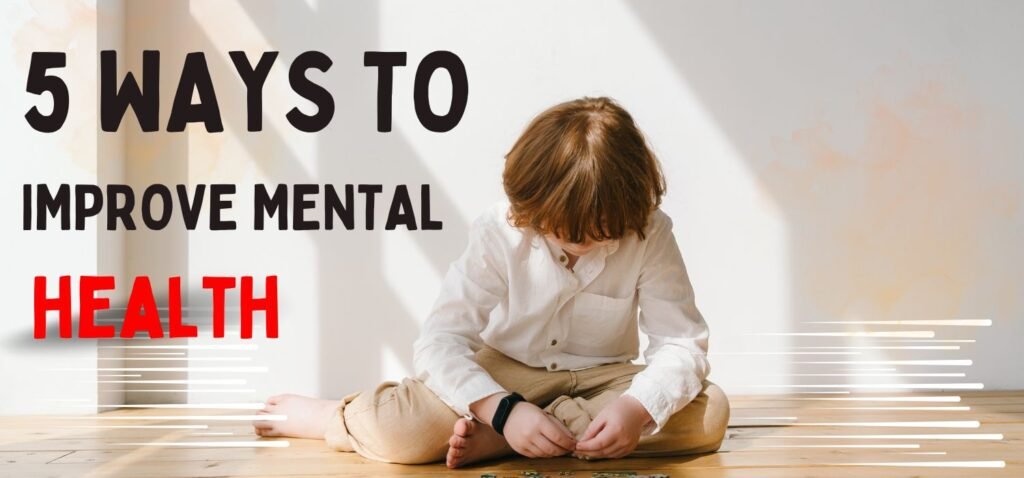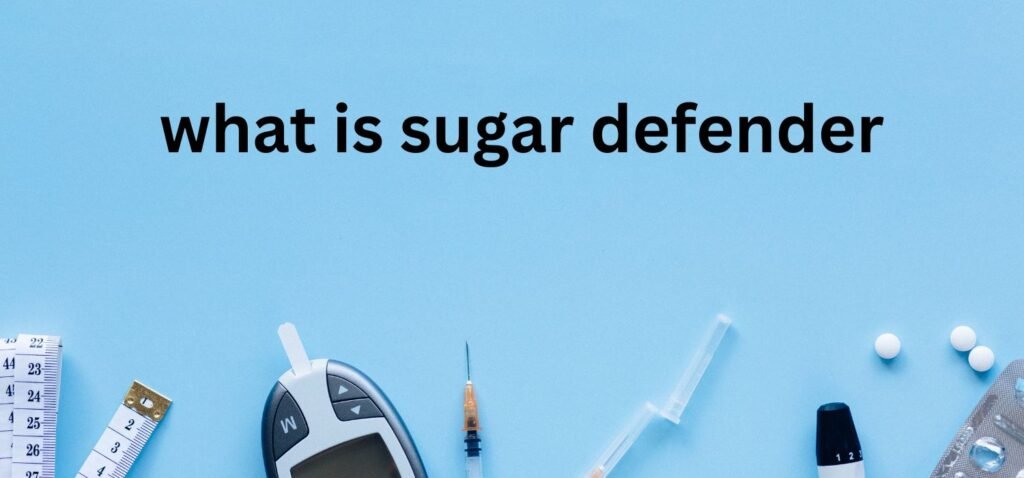Mental health is as important as physical health and affects how we think, feel, and act. It also influences how we handle stress, relate to others, and make choices. Here are five effective strategies to improve mental health and well-being.
Read More:
1. Practice Regular Physical Activity
Benefits:
- Reduces Stress: Exercise decreases stress hormones and stimulates the production of endorphins, which are natural mood lifters.
- Improves Mood: Regular physical activity can reduce symptoms of anxiety and depression.
- Enhances Cognitive Function: Exercise improves memory, attention, and problem-solving skills.
Tips:
- Find Activities You Enjoy: Choose activities that you find enjoyable, whether it’s walking, swimming, dancing, or yoga.
- Set Realistic Goals: Start with small, achievable goals and gradually increase the intensity and duration of your workouts.
- Consistency: Aim for at least 30 minutes of moderate exercise most days of the week.
2. Foster Social Connections
Benefits:
- Emotional Support: Having strong social ties provides emotional support and helps combat feelings of loneliness and isolation.
- Improves Self-Esteem: Positive social interactions can boost self-esteem and create a sense of belonging.
- Reduces Stress: Sharing your feelings and experiences with friends and family can help reduce stress and anxiety.
Tips:
- Stay Connected: Regularly reach out to friends, family, and colleagues, even if it’s just a quick text or phone call.
- Join Groups or Clubs: Participate in community groups, clubs, or classes that interest you to meet new people.
- Volunteer: Volunteering can provide a sense of purpose and help you connect with others who share your values.
3. Practice Mindfulness and Meditation
Benefits:
- Reduces Anxiety and Depression: Mindfulness and meditation help manage symptoms of anxiety and depression by promoting relaxation and a sense of calm.
- Enhances Self-Awareness: These practices increase self-awareness and help you understand and manage your emotions better.
- Improves Focus: Regular mindfulness and meditation can improve concentration and attention.
Tips:
- Start Small: Begin with just a few minutes of mindfulness or meditation each day and gradually increase the duration.
- Use Guided Practices: Use apps, videos, or classes to guide your meditation practice.
- Be Consistent: Try to incorporate mindfulness and meditation into your daily routine for the best results.
4. Prioritize Sleep
Benefits:
- Improves Mood: Quality sleep is essential for emotional regulation and mood stabilization.
- Enhances Cognitive Function: Adequate sleep improves memory, attention, and problem-solving skills.
- Reduces Stress: Good sleep helps reduce stress and allows the body and mind to recover.
Tips:
- Establish a Routine: Go to bed and wake up at the same time each day, even on weekends.
- Create a Restful Environment: Ensure your bedroom is dark, quiet, and cool, and use comfortable bedding.
- Limit Screen Time: Avoid screens (phones, tablets, computers) at least an hour before bed to improve sleep quality.
5. Seek Professional Help
Benefits:
- Expert Guidance: Mental health professionals can provide expert guidance and support tailored to your specific needs.
- Treatment Options: Therapists and counselors can offer various treatment options, including cognitive-behavioral therapy (CBT), medication, and other therapeutic techniques.
- Safe Space: Therapy provides a safe, confidential space to discuss your thoughts and feelings.
Tips:
- Find the Right Professional: Look for a licensed therapist, counselor, or psychiatrist who specializes in the issues you’re facing.
- Be Open and Honest: Be open and honest with your mental health professional to get the most benefit from therapy.
- Stay Committed: Regularly attend sessions and follow the treatment plan agreed upon with your therapist.
Conclusion Mental Health
Improving mental health involves a combination of physical activity, social connections, mindfulness, adequate sleep, and professional help. By incorporating these strategies into your daily life, you can enhance your mental well-being and build resilience against stress and mental health challenges.
FAQ on Improving Mental Health
Q1: How often should I exercise to benefit my mental health? A1: Aim for at least 30 minutes of moderate exercise most days of the week. Consistency is key to reaping the mental health benefits of physical activity.
Q2: Can social media affect my mental health? A2: Yes, excessive use of social media can lead to feelings of anxiety, depression, and loneliness. It’s important to use social media mindfully and take breaks when needed.
Q3: How can I start practicing mindfulness? A3: Begin with a few minutes of mindfulness each day. Use guided meditation apps or videos to help you get started and gradually increase the time as you become more comfortable.
Q4: What should I do if I have trouble sleeping? A4: Establish a regular sleep routine, create a restful sleep environment, and limit screen time before bed. If sleep problems persist, consider speaking with a healthcare professional.
Q5: When should I seek professional help for my mental health? A5: If you’re experiencing persistent feelings of sadness, anxiety, or stress that interfere with your daily life, it’s important to seek help from a mental health professional.





